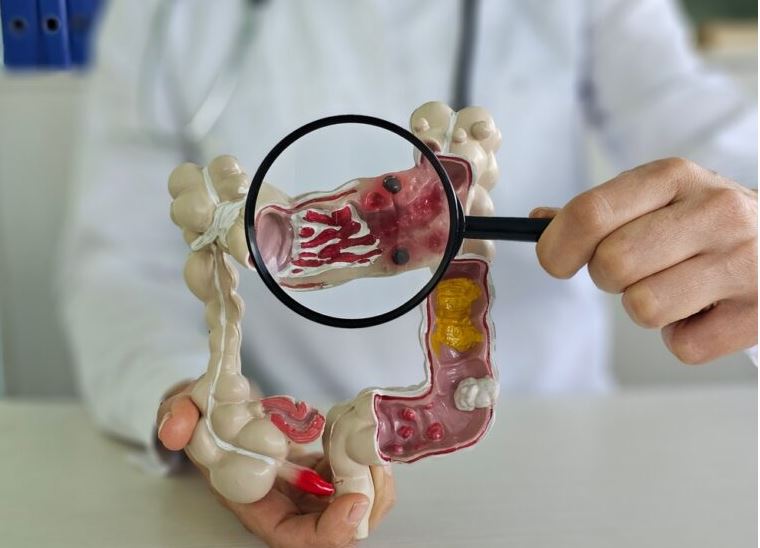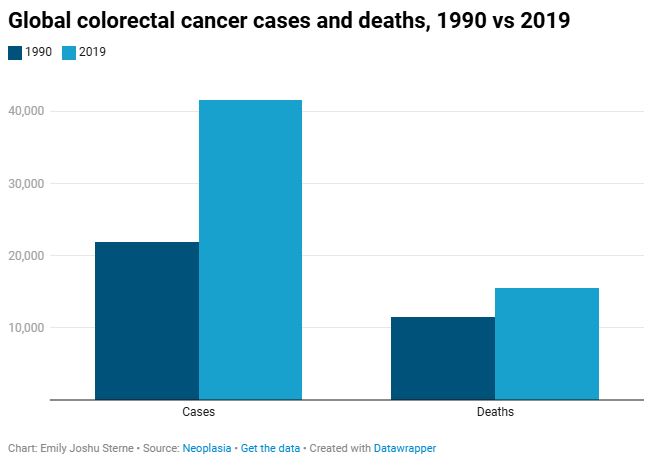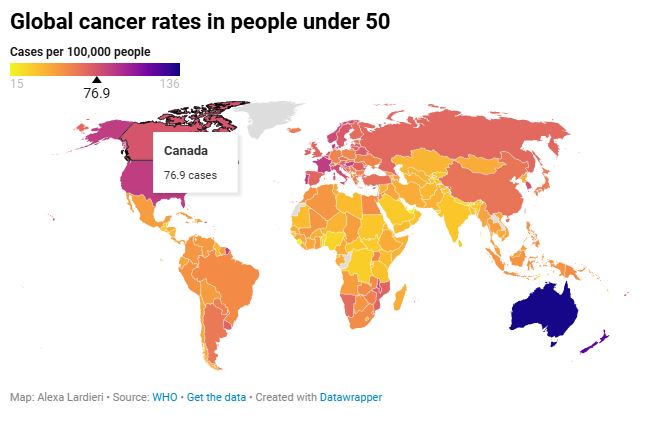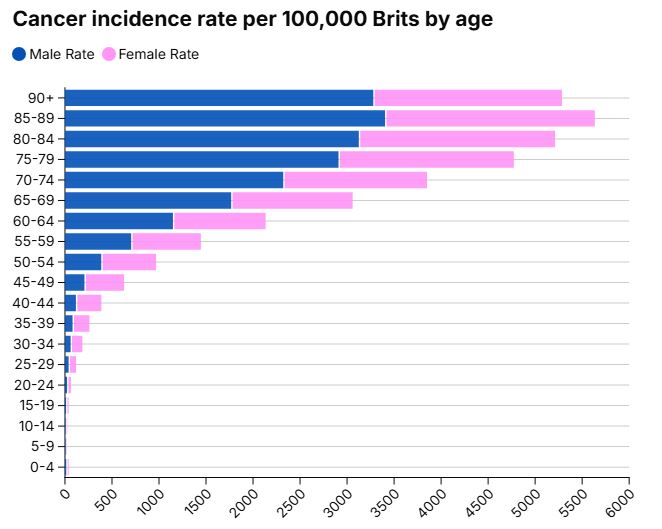

A recent study has uncovered a potential link between early-life exposure to a common strain of E. coli and the rising incidence of colorectal cancer in people under 50.
Once considered a disease of older adults, colon cancer is now increasingly affecting individuals in their 20s, 30s, and 40s, particularly in the U.S. and U.K.
Researchers from the University of California, San Diego, analyzed tumor DNA from nearly 1,000 colorectal cancer patients across 11 countries.
They found that a toxin called colibactin—produced by specific strains of E. coli—was significantly more prevalent in tumors from patients under 40.
These bacteria are often contracted in childhood, with undercooked meat, raw produce, and contaminated water being common sources.
Leafy vegetables such as spinach can also be a significant source of contamination, typically exposed to harmful bacteria through polluted irrigation water or interaction with animals in the field.
Unpasteurized dairy items, including raw milk, present additional risks, as do uncooked fruits and vegetables like apples, cucumbers, and particularly sprouts — which create ideal conditions for bacterial growth due to their warm, moist environment.
Colibactin, produced by specific gut bacteria, can damage DNA in colon cells, potentially leading to cancer.
The study suggests that exposure to this toxin likely occurs before the age of 10, with about 30–40% of children in the US and UK hosting colibactin-producing E. coli.

These mutations were also most prevalent in countries with the highest rates of early-onset colorectal cancer, including the U.S. and U.K.
Dr. Ludmil Alexandrov, senior author and professor of cellular and molecular medicine, explained that these mutation patterns act as a “genetic record” of exposure, suggesting the damage occurs early in life—possibly before age 10.
"This changes how we think about cancer," Alexandrov noted. "Early-life events might play a far greater role than previously understood."

The research, published in Nature, underscores the need for further investigation into environmental and microbial risk factors.
It also opens new possibilities for preventive strategies, including the use of probiotics to reduce harmful bacterial strains.
 Source: Cancer Research UK • Age-specific incidence rate for all cancers per 100,000 people in the UK, 2016-2018
Source: Cancer Research UK • Age-specific incidence rate for all cancers per 100,000 people in the UK, 2016-2018Researchers propose that factors such as increased cesarean births, antibiotic use in childhood, and consumption of ultra-processed foods may contribute to growing colibactin exposure.
These findings are significant given projections that colorectal cancer will become the leading cause of cancer-related deaths among young adults by 2030.
The research underscores the need for further investigation into microbial and environmental causes of CRC and possible interventions, such as probiotics, to mitigate risk.
While lifestyle factors like diet and physical inactivity are known contributors to CRC, this study highlights microbial exposure's potential role.









